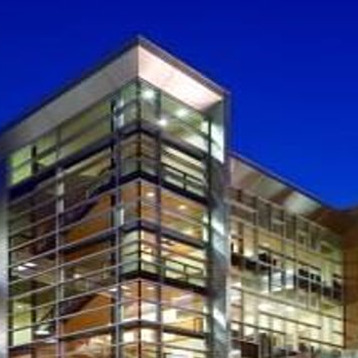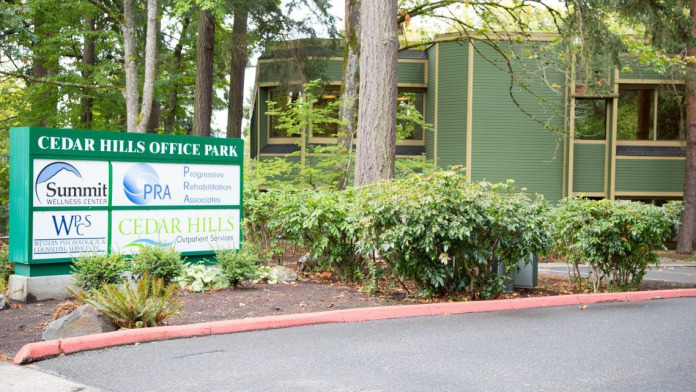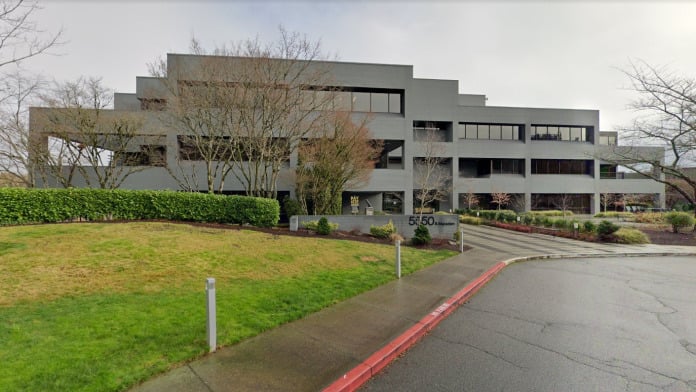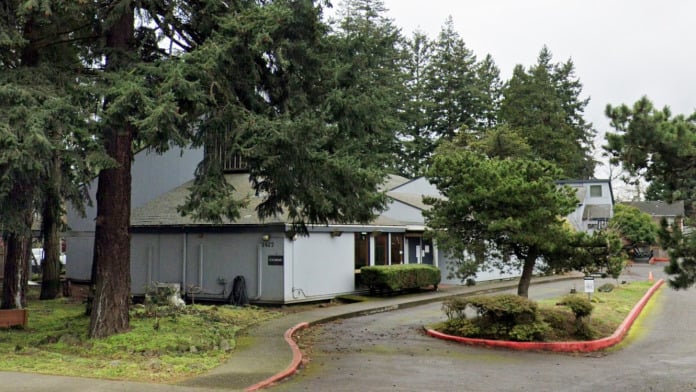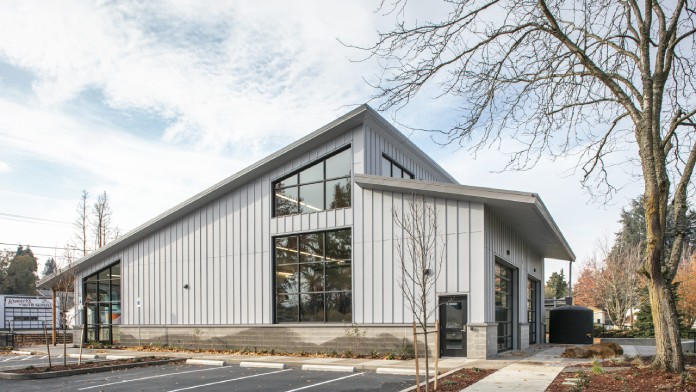Staff is nice. Wonderful facility, everyone there goes out of their way to make sure your comfortable and well taken care of.
About CODA
The CODA Hillsborough Outpatient clinic in Hillsborough, Oregon, is easily accessible by public transportation. They offer treatment for adults living with substance use disorder, including DUI classes and treatment with referral. CODA is one of the largest non profit addiction treatment programs in the state.
They specialize in medication assisted treatment. I think you’ll appreciate their approach if you’ve ever felt like you were powerless in a treatment plan before. It’s collaborative here, meaning you’ll work with your care team to shape and execute your treatment plan.
Whole Person Treatment
I want to emphasize part of their treatment philosophy that I find important. Treatment here focuses on caring for your mental, physical and social health, and exploring how all three can be linked to addictive behaviors. Their multidisciplinary team brings together specialists working in related fields who can teach you the skills you need to boost your overall health and support sobriety.
Specialty Pregnancy Care
It’s also worth noting that their opioid treatment program has a specialty track for pregnant women. This care considers the health of the developing child and the mother to deliver the safest and effective addiction care possible.
True Community Partners
CODA locations like this are always looking to partner with other recovery resources in the communities they serve. You’ll find they can provide references for several healthcare and social services, including energy and rent assistance, legal aid and transportation. That’s in addition to their case management services.
The result is a network of support reflecting their philosophy of physical, mental, and social well being. With these partnerships, your care team can give you a growing number of tools to strengthen not only your sobriety but your independence, too.
Latest Reviews
Rehab Score
Gallery
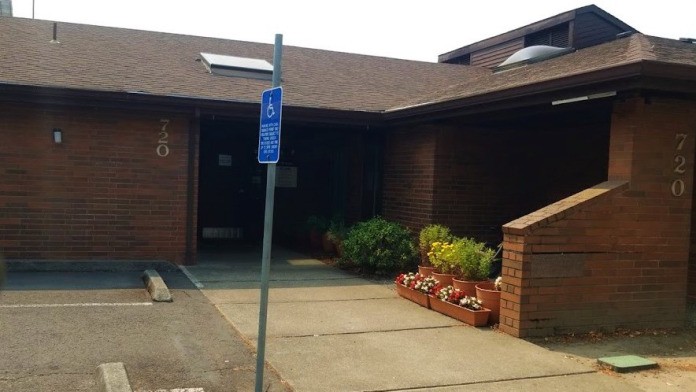
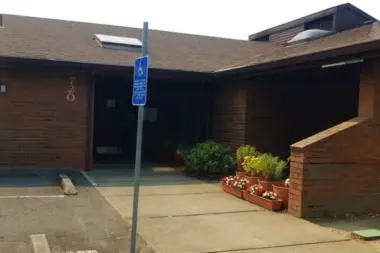
Accepted Insurance
Other Forms of Payment
Private insurance refers to any kind of healthcare coverage that isn't from the state or federal government. This includes individual and family plans offered by an employer or purchased from the Insurance Marketplace. Every plan will have different requirements and out of pocket costs so be sure to get the full details before you start treatment.
Self-pay involves paying for treatment out of your own pocket. You can use savings or credit, get a personal loan, or receive help from family and friends to fund your treatment. If you don't have insurance or your insurance plan doesn't cover a specific program, self-pay can help ensure you still get the care you need.
Sliding scale payments are based on a client's income and family size. The goal is to make treatment affordable to everyone. By taking these factors into account, addiction recovery care providers help ensure that your treatment does not become a financial burden to you or your family, eliminating one barrier to care.
Medicare is a federal program that provides health insurance for those 65 and older. It also serves people under 65 with chronic and disabling health challenges. To use Medicare for addiction treatment you need to find a program that accepts Medicare and is in network with your plan. Out of pocket costs and preauthorization requirements vary, so always check with your provider.
Medicaid is a state based program that helps lower-income individuals and families pay for healthcare. Medicaid covers addiction treatment so those enrolled can use their coverage to pay for rehab. When a program accepts Medicaid the client often pays very little or nothing out of their own pocket.
Addiction Treatments
Levels of Care
Outpatient Programs (OP) are for those seeking mental rehab or drug rehab, but who also stay at home every night. The main difference between outpatient treatment (OP) and intensive outpatient treatment (IOP) lies in the amount of hours the patient spends at the facility. Most of the time an outpatient program is designed for someone who has completed an inpatient stay and is looking to continue their growth in recovery. Outpatient is not meant to be the starting point, it is commonly referred to as aftercare.
Rehab aftercare programs are generally predicated on the understanding that addiction disease is chronic and relapsing and the recovery is a life-long process requiring ongoing care. Clients in drug rehab aftercare have typically completed inpatient detox and/or rehab but may still be receiving outpatient treatment. Their unique care plan is usually developed in collaboration with their care team and case manager and may include peer coaching, career counseling, 12 step program facilitation, and related services.
When participating in 12 step programs, clients receive intensive and ongoing peer support as they work through the recovery journey. They're expected to regularly attend 12 step meetings and to select a peer sponsor for one-on-one mentoring. Meetings are free, anonymous, and accessible multiple times a day, 365 days per year, in most communities. Religious affiliation is not required, though these programs are rooted in the belief in a higher power as a foundation of personal growth and long-term sobriety.
A drug intervention in Oregon must begin with pre-intervention planning. Intervention services provide a specialist who interviews family members to understand the dynamics involved, including enabling behaviors. Based on this research, the interventionist will develop a plan for the intervention and suggested treatment. Then, the interventionist and family members will conduct the intervention, guided by the specialist. This professional involvement helps improve outcomes for interventions.
Medical detox is the process of weaning your body off drugs and/or alcohol under 24/7 medical supervision. Suddenly stopping use of addictive substances can have negative side effects, and in severe cases, it can be extremely dangerous or deadly. In an inpatient environment, a medically assisted detox provides you with a team of medical professionals whose job is to help alleviate potential withdrawal symptoms and keep you safe and comfortable. After this process, you'll likely transition to an inpatient treatment program or other form of continued care.
Treatments
The goal of treatment for alcoholism is abstinence. Those with poor social support, poor motivation, or psychiatric disorders tend to relapse within a few years of treatment. For these people, success is measured by longer periods of abstinence, reduced use of alcohol, better health, and improved social functioning. Recovery and Maintenance are usually based on 12 step programs and AA meetings.
Drug rehab in Oregon offers a full continuum of care for those struggling with addiction. From detox, to inpatient, to outpatient, to aftercare, Oregon residents can find the support they need for recovery. This treatment empowers individuals to replace drug use with positive alternatives and develop a healthier lifestyle.
Many of those suffering from addiction also suffer from mental or emotional illnesses like schizophrenia, bipolar disorder, depression, or anxiety disorders. Rehab and other substance abuse facilities treating those with a dual diagnosis or co-occurring disorder administer psychiatric treatment to address the person's mental health issue in addition to drug and alcohol rehabilitation.
Opioid rehabs specialize in supporting those recovering from opioid addiction. They treat those suffering from addiction to illegal opioids like heroin, as well as prescription drugs like oxycodone. These centers typically combine both physical as well as mental and emotional support to help stop addiction. Physical support often includes medical detox and subsequent medical support (including medication), and mental support includes in-depth therapy to address the underlying causes of addiction.
Substance rehabs focus on helping individuals recover from substance abuse, including alcohol and drug addiction (both illegal and prescription drugs). They often include the opportunity to engage in both individual as well as group therapy.
Programs
Adult rehab programs include therapies tailored to each client's specific needs, goals, and recovery progress. They are tailored to the specific challenges adult clients may face, including family and work pressures and commitments. From inpatient and residential treatment to various levels of outpatient services, there are many options available. Some facilities also help adults work through co-occurring conditions, like anxiety, that can accompany addiction.
Young adulthood can be an exciting, yet difficult, time of transition. Individuals in their late teens to mid-20s face unique stressors related to school, jobs, families, and social circles, which can lead to a rise in substance use. Rehab centers with dedicated young adult programs will include activities and amenities that cater to this age group, with an emphasis on specialized counseling, peer socialization, and ongoing aftercare.
Clinical Services
Cognitive behavioral therapy (CBT) in Oregon is a short term talk therapy method used to treat mental and behavioral disorders. Based on client needs, the therapist may recommend five to 20 sessions. Typically, this form of therapy requires fewer sessions than many other types of treatment.
The six main elements of dialectical behavior therapy are designed to help you develop skills for recovery. These are related to: 1. Accepting your circumstances 2. Learning new skills 3. Receiving support 4. Learning positive behavioral responses 5. Changing negative thought patterns 6. Building collaboration skills.
Group therapy is any therapeutic work that happens in a group (not one-on-one). There are a number of different group therapy modalities, including support groups, experiential therapy, psycho-education, and more. Group therapy involves treatment as well as processing interaction between group members.
Individualized therapy is personalized sessions to address your drug and alcohol addiction treatment. Your therapist seeks to understand your background and addiction triggers so they can collaborate with you to create a customized plan. In this plan, you set realistic goals, address underlying mental and emotional issues, and develop effective coping strategies.
Viewed as a method of communication rather than an intervention, motivational interviewing is an evidence based approach to rehab treatment in Oregon. The principles of this method have a common sense appeal and are readily applied to many therapeutic programs. Core strategies include acceptance, listening, and summarizing.
Staff
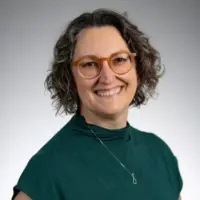

Alison Noice, MA, MS, CADDC-III
Executive Director
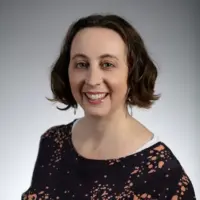
Dr. Eve Klein, MD
Senior Medical Director
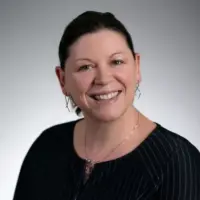
Jenna Nevills, MSW, CADC-II, QMHP
Director, Outpatient Services

Brent Gonsalves
Director Of Human Recources
Contact Information
720 SE Washington Street
Hillsboro, OR 97123



